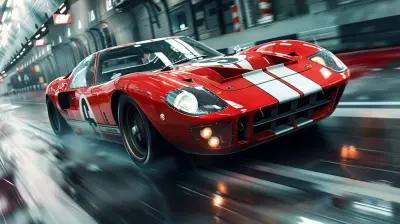The Role of Chemistry Between Protagonist and Sidekick
12 July 2025
Have you ever noticed how some of the most memorable stories click because of the dynamic between the protagonist and their sidekick? Think about Sherlock Holmes and Dr. Watson, Frodo and Sam, or even Batman and Robin. Their chemistry isn’t just a nice-to-have – it’s the backbone of the story. Whether in games, movies, or books, that chemistry brings the narrative alive, gives depth to the characters, and keeps us emotionally invested.
In this article, let's break down the importance of this protagonist-sidekick connection, dive into why it works so well, and talk about how it enhances the overall experience of a game. A good sidekick isn’t just about being the comic relief or the trusty companion – it’s about being the yin to the protagonist’s yang.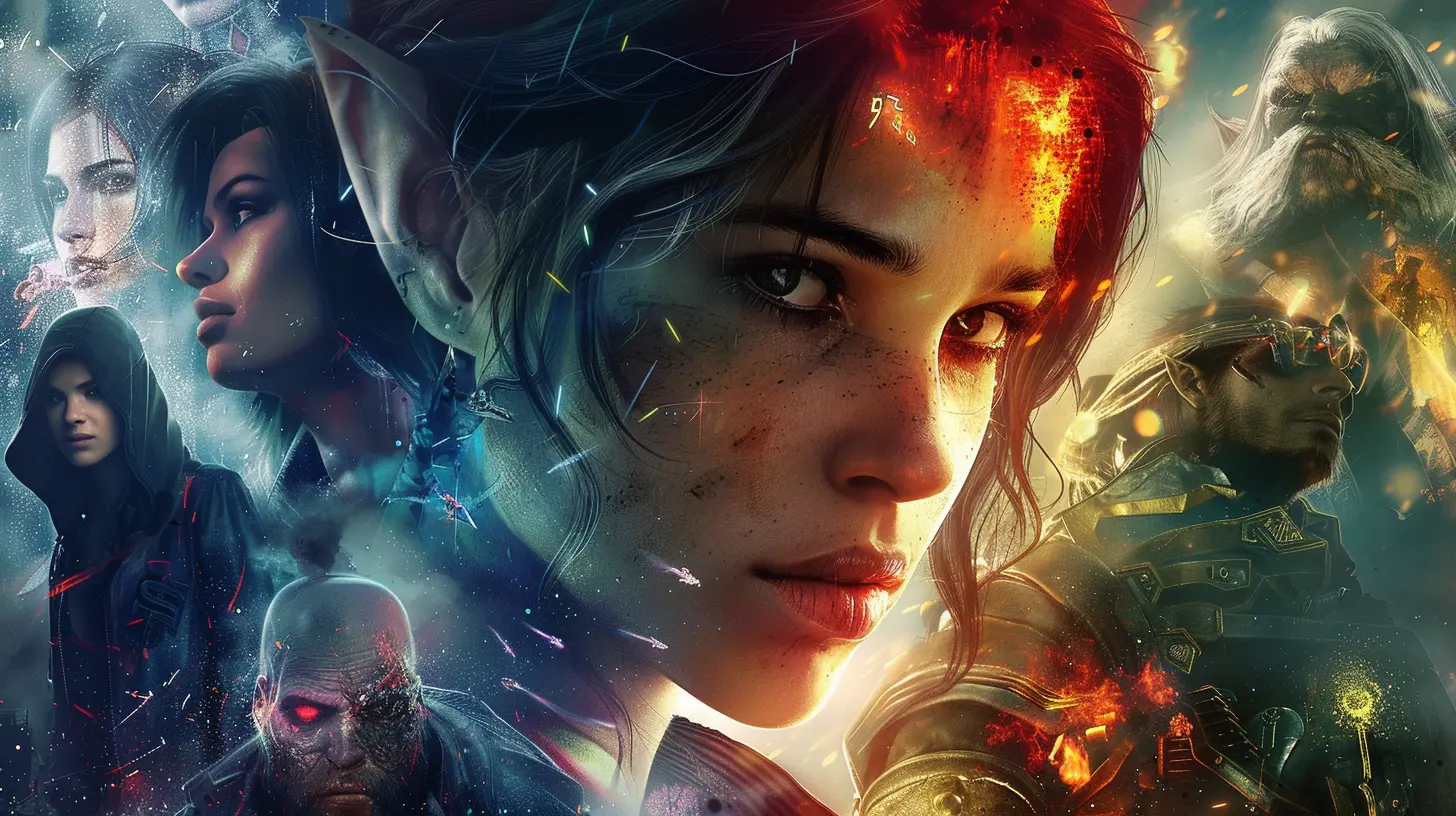
Why Chemistry is the Secret Sauce
First off, let's get one thing clear: chemistry isn't about romance here (though it can be, occasionally). It's about that intangible connection – the spark in their relationship that feels organic and real. You know it works when the dialogue flows effortlessly, the banter feels authentic, and their personalities balance each other out like peanut butter and jelly.Think of Joel and Ellie from The Last of Us. The gruff, guarded Joel contrasts strikingly with Ellie’s youthful curiosity, but it’s their journey together that creates a bond dripping with emotional weight. That’s the magic we’re talking about.
Without this chemistry, the story often feels flat. Imagine a game where you’re stuck with a lifeless sidekick who’s just there and doesn’t contribute much to the narrative. Frustrating, right? Just like in real-life friendships, you need that spark to make the relationship work – and it needs to translate well to the screen or controller.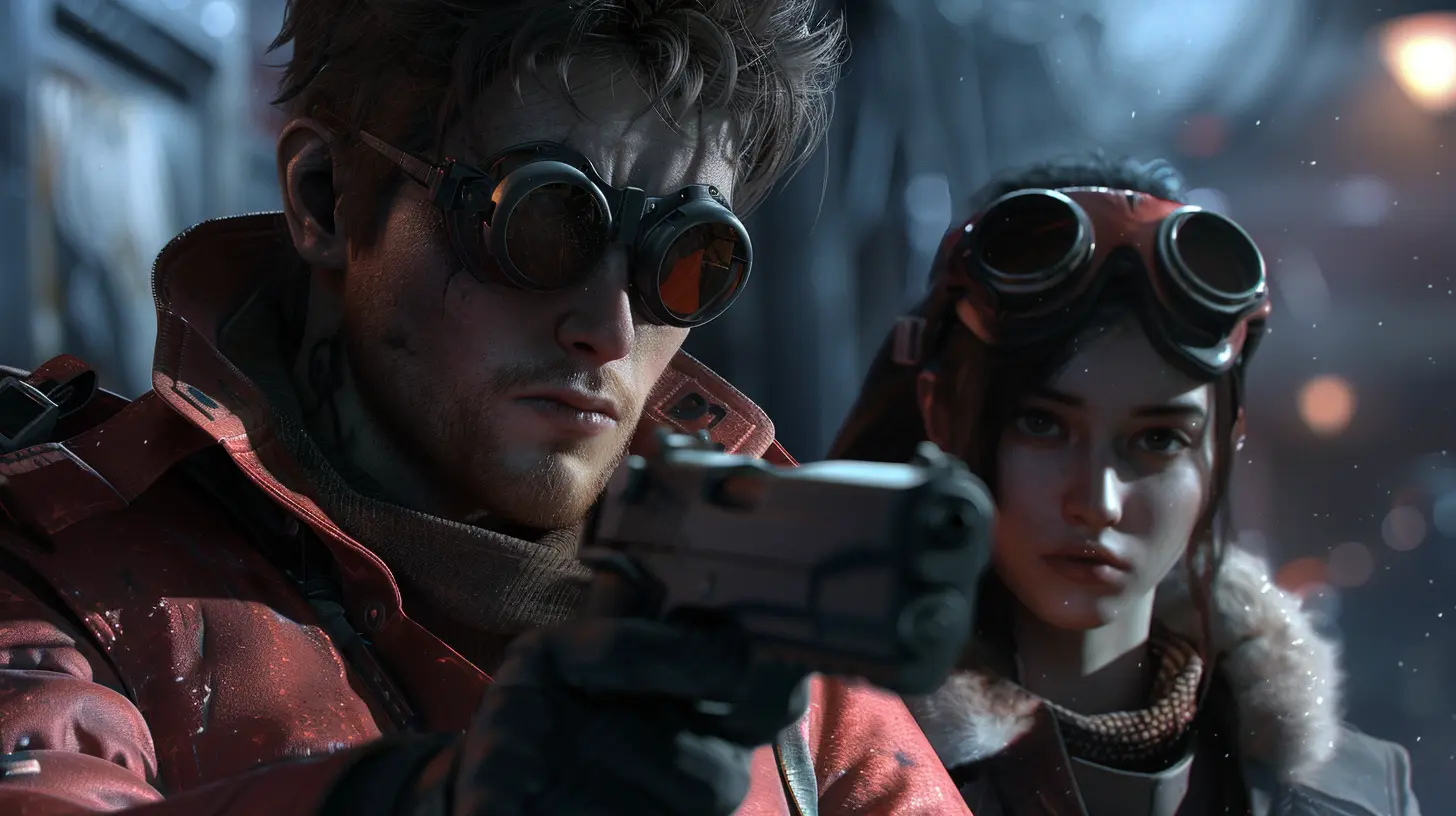
The Protagonist-Sidekick Dynamic: Push and Pull
Chemistry thrives on contrast. Most protagonist-sidekick duos work because they’re opposites in some way, creating a balance. It’s the classic "odd couple" trope, where one picks up where the other leaves off.Here’s why this push-pull dynamic is so effective:
1. Complementing Strengths and Weaknesses
A protagonist is often the hero, burdened with responsibility and a singular mission. A sidekick, on the other hand? They add layers to the journey. Their role can balance out the protagonist’s flaws and sharpen their strengths.Take Nathan Drake and Victor "Sully" Sullivan from the Uncharted series. Drake’s impulsive, devil-may-care attitude is tempered by Sully’s experience and wisdom. Sully keeps Drake grounded while also providing hilarious commentary – "You’re too old for this, kid!" is a whole mood.
2. Comic Relief Meets Serious Undertones
Sidekicks often bring humor to intense, high-stakes situations. Think of Clank from Ratchet & Clank. While Ratchet shoulders the responsibility, Clank’s quirky personality and sarcastic lines keep the mood light. This interplay prevents the story from becoming overly heavy. But a good sidekick also knows when to pivot to seriousness. They’re not just there to be a laugh track – they carry emotional weight too. For instance, Wheatley from Portal 2 starts out as a goofy AI companion, only to become a key part of the story’s darker twists.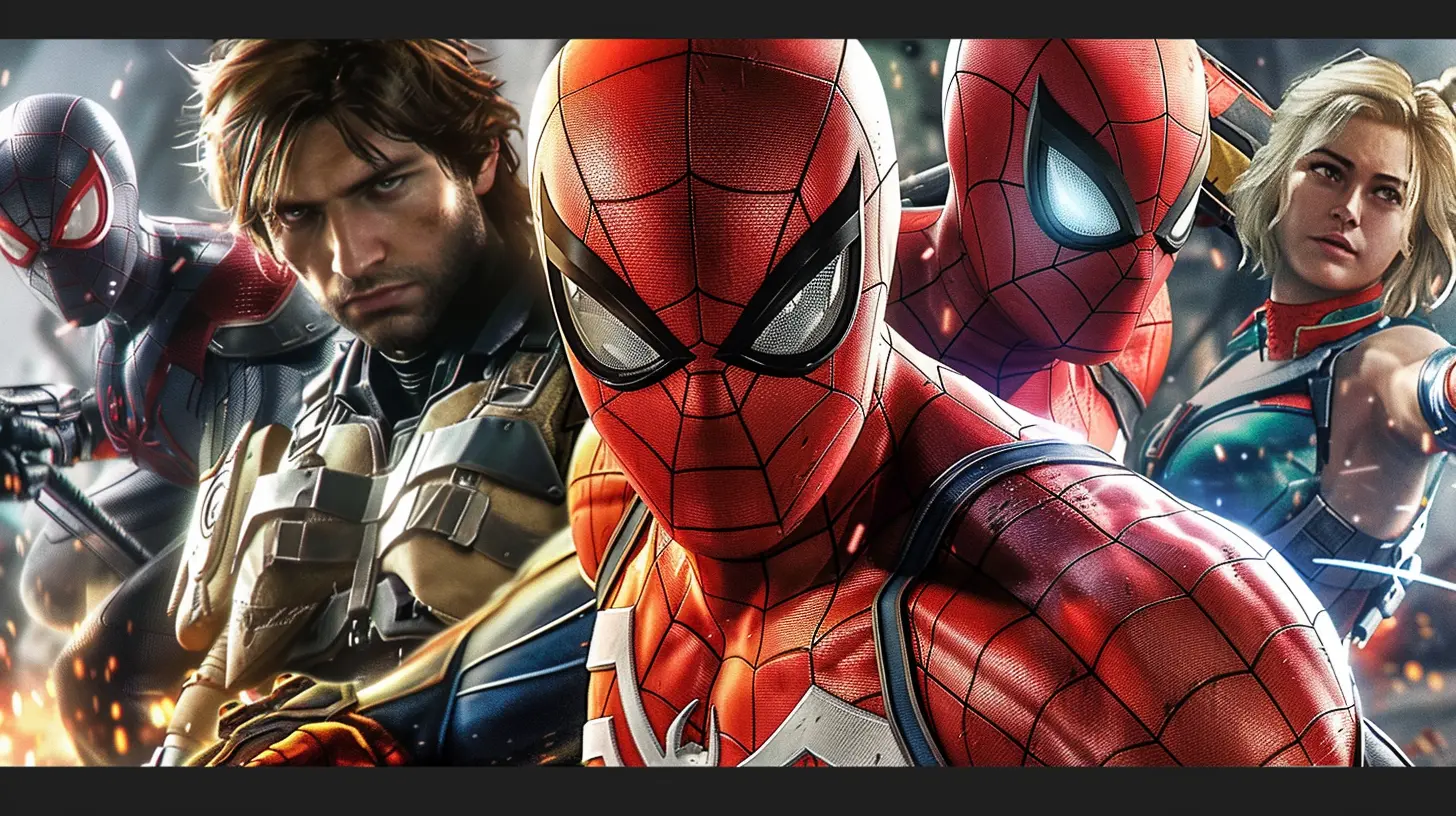
Emotional Stakes: Why We Care About The Pairing
What makes us care about a protagonist and sidekick duo? Emotional stakes. If a game makes us root for their relationship, we’re hooked. Think of games like Red Dead Redemption 2 and the bond between Arthur Morgan and his horse. Yes, a horse. It’s a sidekick of a different kind, but one that players become ridiculously attached to. Why? Because the game builds that relationship over time.When protagonists and sidekicks share vulnerable moments – moments where their humanity shines through – the player feels like they're part of something bigger. We see their triumphs, struggles, and sacrifices, and we emotionally invest in them, much like we would with real friendships.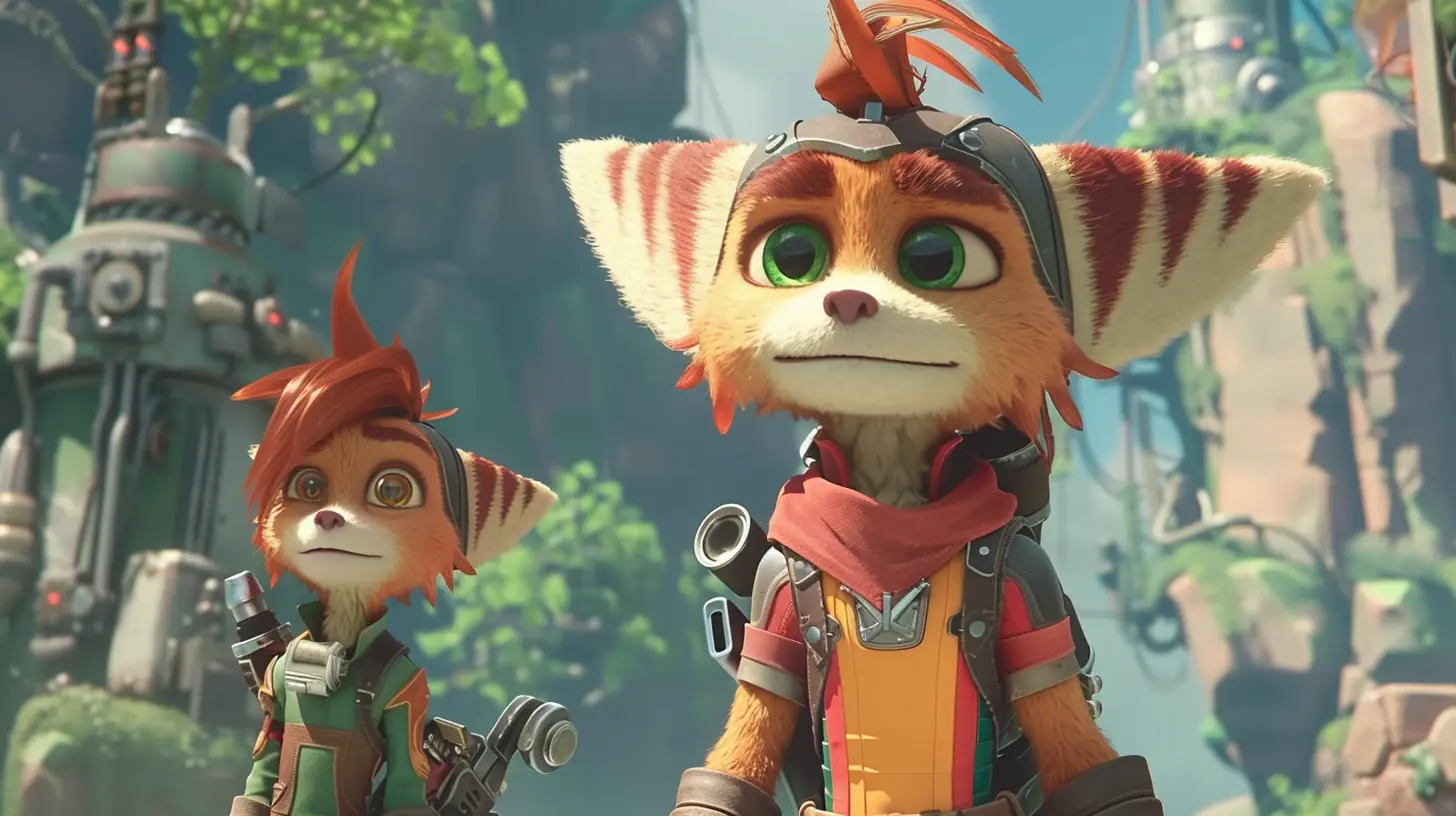
Examples of Iconic Chemistry in Games
Let’s shine a spotlight on a few gaming duos who nailed the protagonist-sidekick connection:1. Geralt and Dandelion (The Witcher series)
Geralt of Rivia’s stoic, no-nonsense demeanor clashes hilariously with Dandelion’s flamboyant, over-the-top bard persona. But underneath the banter, you see genuine loyalty and friendship. They may bicker like an old married couple, but their connection gives us a glimpse into Geralt’s softer side.2. Master Chief and Cortana (Halo series)
A human supersoldier paired with an artificial intelligence? On paper, it shouldn’t work. But it does. Cortana’s quick wit and emotional depth provide a counterweight to Master Chief’s stoic, duty-first mindset. Their chemistry deepens over the series, culminating in genuinely gut-wrenching moments.3. Ellie and Dina (The Last of Us Part II)
Their relationship brings layers of complexity to the story. Dina, as Ellie’s sidekick, isn’t just there to tag along – she challenges Ellie, provides emotional support, and becomes a crucial part of a narrative that’s as much about love and loss as it is about survival.How Chemistry Drives the Game Narrative
When protagonist-sidekick chemistry is done right, it becomes a powerful narrative tool. Here's how it enhances gaming experiences:1. World-Building Through Interaction
Their banter, jokes, and serious conversations reveal backstories and motivations while also fleshing out the game’s world. Sometimes, it’s the smallest offhand comments that provide the biggest insights. Ever noticed how Ellie hums to herself or flips through her joke book in The Last of Us? It’s these moments that make her feel real.2. Gameplay Synergy
Chemistry isn’t limited to the narrative – it leaks into gameplay mechanics too. Take Overwatch’s Tracer and Winston. While not a traditional protagonist-sidekick duo, their chemistry is evident in both story frames and their gameplay synergy. A strong bond can even influence how players approach missions.3. Engaging the Player
Great chemistry invites players to care. When you care about both the protagonist and the sidekick, every decision feels heavier. If you’ve ever picked a choice in a game while thinking, "What would my sidekick think about this?" then you know how impactful their dynamic can be.What Happens When The Chemistry is Missing?
Let’s flip the script. What if the chemistry falls flat? Actually, you probably don’t even have to imagine – we’ve all experienced that one duo in a game where the sidekick feels more like a walking tutorial with zero personality. No connection, no charm, just… blah. It’s like eating a sandwich without the filling.When the chemistry is missing, the story suffers. Players feel detached, and the emotional beats don’t land. Even the most elaborate plots struggle to resonate if the central relationships feel hollow or forced.
The Future of Protagonist-Sidekick Dynamics
With gaming constantly evolving, we’re entering an era where AI and advanced storytelling are deepening character interactions. Imagine a future where your sidekick reacts and adapts to your playstyle – where they really feel like your partner on that journey. Studios are already experimenting with this, setting the stage for even more dynamic duos.Wrapping It Up
The role of chemistry between a protagonist and sidekick cannot be overstated. It’s the secret ingredient that turns an average story into an unforgettable one. Whether it’s complementing strengths, lightening the mood, or raising the emotional stakes, this unique bond is what makes some stories – and games – stand the test of time.At the end of the day, as players, we don’t just want to win. We want to feel something. And few things hit as hard as investing in a relationship that feels so genuine, it blurs the line between fiction and reality.
all images in this post were generated using AI tools
Category:
Video Game CharactersAuthor:

Francesca West
Discussion
rate this article
2 comments
Wren Bryant
The chemistry between a protagonist and their sidekick is crucial for narrative depth in games. It enhances emotional engagement, drives character development, and often provides comic relief. Strong relationships can elevate gameplay experiences, making players more invested in both the story and characters' journeys.
November 8, 2025 at 6:08 AM

Francesca West
Absolutely! The chemistry between protagonists and sidekicks is essential for enriching narratives, deepening emotional ties, and enhancing player investment in the story and character arcs.
Trevor McQuiston
Great insights! The chemistry between protagonists and sidekicks truly enhances storytelling and player engagement. Keep up the fantastic work!
July 17, 2025 at 4:17 AM

Francesca West
Thank you! I’m glad you enjoyed the article and appreciate your support!
